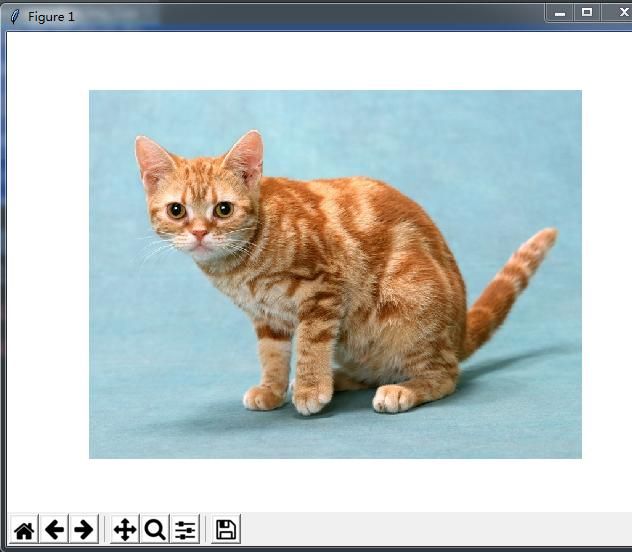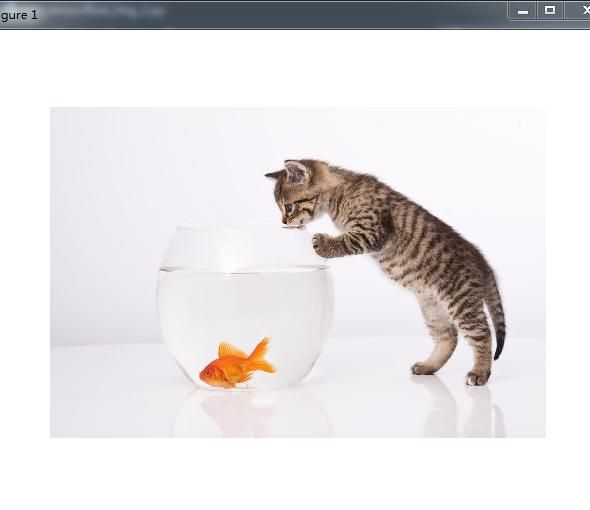Tensorflow利用训练好的Inception模型进行图像识别分类
Inception是Google训练好的一个图像识别模型,我们可以利用它来对我们的图像进行识别。
下载地址:
https://storage.googleapis.com/download.tensorflow.org/models/inception_dec_2015.zip
下载完解压后,得到几个文件:
其中的classify_image_graph_def.pb 文件就是训练好的Inception-v3模型。
imagenet_synset_to_human_label_map.txt是类别文件。
为了更直观的看到效果,我们可以在网上找些阿猫阿狗鹦鹉兔子老虎飞机等一些图片来做预测,将这些图片放到images文件夹下,方便进行遍历识别。
先创建一个类NodeLookup来将softmax概率值映射到标签上。
代码如下:
class NodeLookup(object):
def __init__(self,label_lookup_path=None,uid_lookup_path=None):
if not label_lookup_path:
label_lookup_path = os.path.join(
model_dir, 'imagenet_2012_challenge_label_map_proto.pbtxt')
if not uid_lookup_path:
uid_lookup_path = os.path.join(
model_dir, 'imagenet_synset_to_human_label_map.txt')
self.node_lookup = self.load(label_lookup_path, uid_lookup_path)
def load(self, label_lookup_path, uid_lookup_path):
if not tf.gfile.Exists(uid_lookup_path):
tf.logging.fatal('File does not exist %s', uid_lookup_path)
if not tf.gfile.Exists(label_lookup_path):
tf.logging.fatal('File does not exist %s', label_lookup_path)
# 加载分类字符串n********对应分类名称的文件
proto_as_ascii_lines = tf.gfile.GFile(uid_lookup_path).readlines()
uid_to_human = {}
#一行一行读取数据
for line in proto_as_ascii_lines :
#去掉换行符
line=line.strip('\n')
#按照'\t'分割
parsed_items = line.split('\t')
#获取分类编号
uid = parsed_items[0]
#获取分类名称
human_string = parsed_items[1]
#保存编号字符串n********与分类名称映射关系
uid_to_human[uid] = human_string
# 加载分类字符串n********对应分类编号1-1000的文件
proto_as_ascii = tf.gfile.GFile(label_lookup_path).readlines()
node_id_to_uid = {}
for line in proto_as_ascii:
if line.startswith(' target_class:'):
#获取分类编号1-1000
target_class = int(line.split(': ')[1])
if line.startswith(' target_class_string:'):
#获取编号字符串n********
target_class_string = line.split(': ')[1]
#保存分类编号1-1000与编号字符串n********映射关系
node_id_to_uid[target_class] = target_class_string[1:-2] # 去掉首尾的双引号
#建立分类编号1-1000对应分类名称的映射关系
node_id_to_name = {}
for key, val in node_id_to_uid.items():
#获取分类名称
name = uid_to_human[val]
#建立分类编号1-1000到分类名称的映射关系
node_id_to_name[key] = name
return node_id_to_name
#传入分类编号1-1000返回分类名称
def id_to_string(self, node_id):
if node_id not in self.node_lookup:
return ''
return self.node_lookup[node_id]
接下来,
创建一个图来存放google训练好的模型 ==> Inception-v3模型 with tf.gfile.FastGFile(os.path.join(model_dir,
'classify_image_graph_def.pb'), 'rb') as f:
graph_def = tf.GraphDef()
graph_def.ParseFromString(f.read())
tf.import_graph_def(graph_def, name='')最后创建会话:
with tf.Session() as sess:
softmax_tensor = sess.graph.get_tensor_by_name('softmax:0')
#遍历目录
for root,dirs,files in os.walk('images/'):
for file in files:
#载入图片
image_data = tf.gfile.FastGFile(os.path.join(root,file), 'rb').read()
predictions = sess.run(softmax_tensor,{'DecodeJpeg/contents:0': image_data})#图片格式是jpg格式
#predictions = sess.run(softmax_tensor,{'DecodeGif/contents:0': image_data})#图片格式是jpg格式
predictions = np.squeeze(predictions)#把结果转为1维数据
#打印图片路径及名称
image_path = os.path.join(root,file)
print(image_path)
#显示图片
img=Image.open(image_path)
plt.imshow(img)
plt.axis('off')
plt.show()
#排序
top_k = predictions.argsort()[-5:][::-1]
node_lookup = NodeLookup()
for node_id in top_k:
#获取分类名称
human_string = node_lookup.id_to_string(node_id)
#获取该分类的置信度
score = predictions[node_id]
print('%s (score = %.5f)' % (human_string, score))
print()
下面我们来看看效果:
images下放了六张图片
识别结果如下:
images/cat.jpg
tiger cat (score = 0.40876)
tabby, tabby cat (score = 0.21937)
Egyptian cat (score = 0.20626)
lynx, catamount (score = 0.01437)
Persian cat (score = 0.00401)
images/cat_fish.jpg
goblet (score = 0.36720)
cup (score = 0.15729)
tabby, tabby cat (score = 0.14854)
tiger cat (score = 0.08839)
water jug (score = 0.02760)
images/dog.jpg
golden retriever (score = 0.95898)
Labrador retriever (score = 0.00797)
kuvasz (score = 0.00194)
Irish setter, red setter (score = 0.00130)
tennis ball (score = 0.00092)
images/parrot.jpg
macaw (score = 0.97152)
African grey, African gray, Psittacus erithacus (score = 0.00068)
toucan (score = 0.00060)
jacamar (score = 0.00050)
bee eater (score = 0.00039)
images/parrot_up.jpg
macaw (score = 0.97206)
African grey, African gray, Psittacus erithacus (score = 0.00147)
toucan (score = 0.00059)
sulphur-crested cockatoo, Kakatoe galerita, Cacatua galerita (score = 0.00041)
vulture (score = 0.00017)
images/willy_wonka_old.jpg
bow tie, bow-tie, bowtie (score = 0.97538)
cowboy hat, ten-gallon hat (score = 0.00370)
sombrero (score = 0.00120)
suit, suit of clothes (score = 0.00099)
Windsor tie (score = 0.00090)
可见分类准确率还是不错的,但是由于训练类别有限,只有一千种,所以对于其他并不常见的物体识别可能效果并不好。






